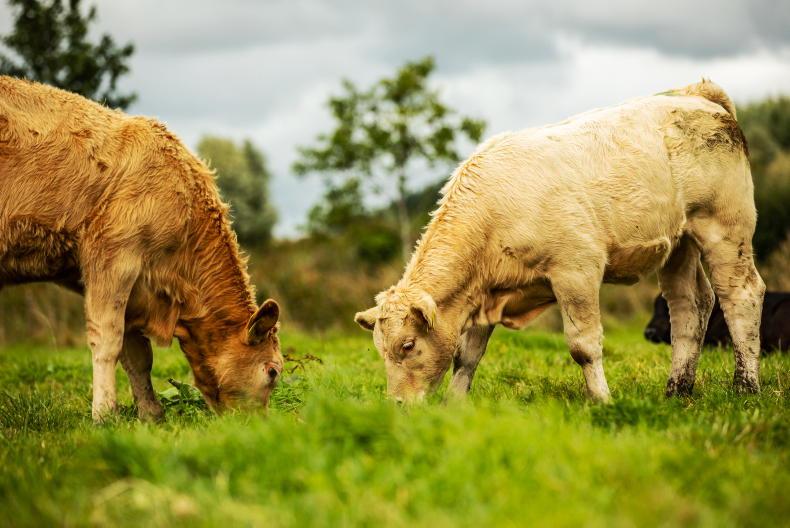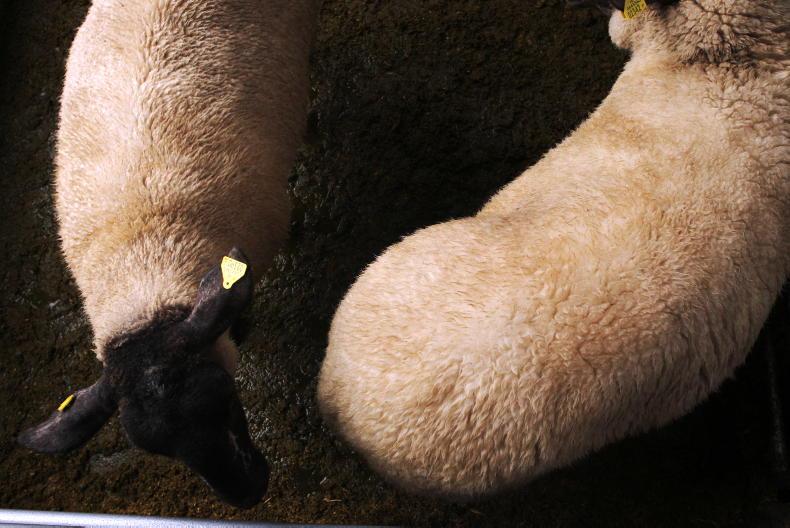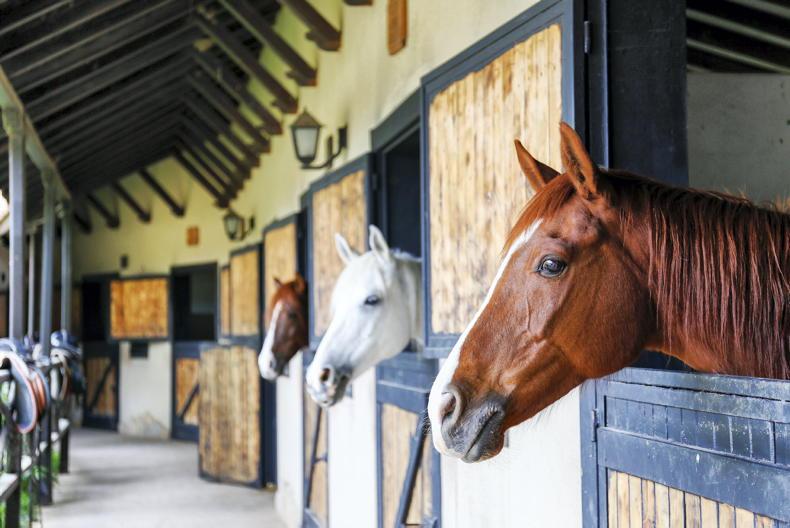The face of rural crime is changing, and it’s changing the countryside, according to a new NFU Mutual report on rural crime in the UK.
Farmers and rural communities are now fighting criminals on a number of different fronts. NFU Mutual has highlighted four areas farmers are battling against on rural crime:
Cyber crime
Because farms are mostly small businesses without on-site technical support, as they evolve or diversify into areas that are more reliant on IT systems, farmers are increasingly vulnerable to cyber attacks.
The most common range from sending false invoices and using vishing and phishing techniques to obtain sensitive financial data, to infecting computers with malicious software and ransomware, or hacking into farm cameras and equipment.
Livestock theft
A generation ago, rustling involved a few animals being taken “for the pot”. Today, organised gangs, often using working dogs, can take dozens, sometimes hundreds of sheep in a single night-time raid.
This can be devastating for small farms, where the loss of just a few animals can wipe out profits and disrupt business for years while flocks are rebuilt.
Dog attacks
Every year thousands of sheep are killed or mutilated by dogs. Even if the dog doesn’t make contact, the distress of the chase can cause animals to die or miscarry their lambs. Dog attacks on UK farm animals cost £1.2m in 2018.
Fly-tipping
What was once the odd mattress being left at a farm gate has grown into a whole business of bogus waste companies dumping lorry loads of rubbish in farmers’ fields, according to NFU Mutual.
Some even pose as genuine tenants, renting land and barns to use as illegal rubbish dumps. On every scale, fly-tipping is a serious threat – to the health of grazing animals, to the environment, and especially to farmers who are often left to deal with the aftermath themselves.
Read more
Cost of rural crime in Northern Ireland hits £2.8m
Six medieval methods farmers are using to deter thieves
Watch: how to prevent theft on your farm
The face of rural crime is changing, and it’s changing the countryside, according to a new NFU Mutual report on rural crime in the UK.
Farmers and rural communities are now fighting criminals on a number of different fronts. NFU Mutual has highlighted four areas farmers are battling against on rural crime:
Cyber crime
Because farms are mostly small businesses without on-site technical support, as they evolve or diversify into areas that are more reliant on IT systems, farmers are increasingly vulnerable to cyber attacks.
The most common range from sending false invoices and using vishing and phishing techniques to obtain sensitive financial data, to infecting computers with malicious software and ransomware, or hacking into farm cameras and equipment.
Livestock theft
A generation ago, rustling involved a few animals being taken “for the pot”. Today, organised gangs, often using working dogs, can take dozens, sometimes hundreds of sheep in a single night-time raid.
This can be devastating for small farms, where the loss of just a few animals can wipe out profits and disrupt business for years while flocks are rebuilt.
Dog attacks
Every year thousands of sheep are killed or mutilated by dogs. Even if the dog doesn’t make contact, the distress of the chase can cause animals to die or miscarry their lambs. Dog attacks on UK farm animals cost £1.2m in 2018.
Fly-tipping
What was once the odd mattress being left at a farm gate has grown into a whole business of bogus waste companies dumping lorry loads of rubbish in farmers’ fields, according to NFU Mutual.
Some even pose as genuine tenants, renting land and barns to use as illegal rubbish dumps. On every scale, fly-tipping is a serious threat – to the health of grazing animals, to the environment, and especially to farmers who are often left to deal with the aftermath themselves.
Read more
Cost of rural crime in Northern Ireland hits £2.8m
Six medieval methods farmers are using to deter thieves
Watch: how to prevent theft on your farm










SHARING OPTIONS